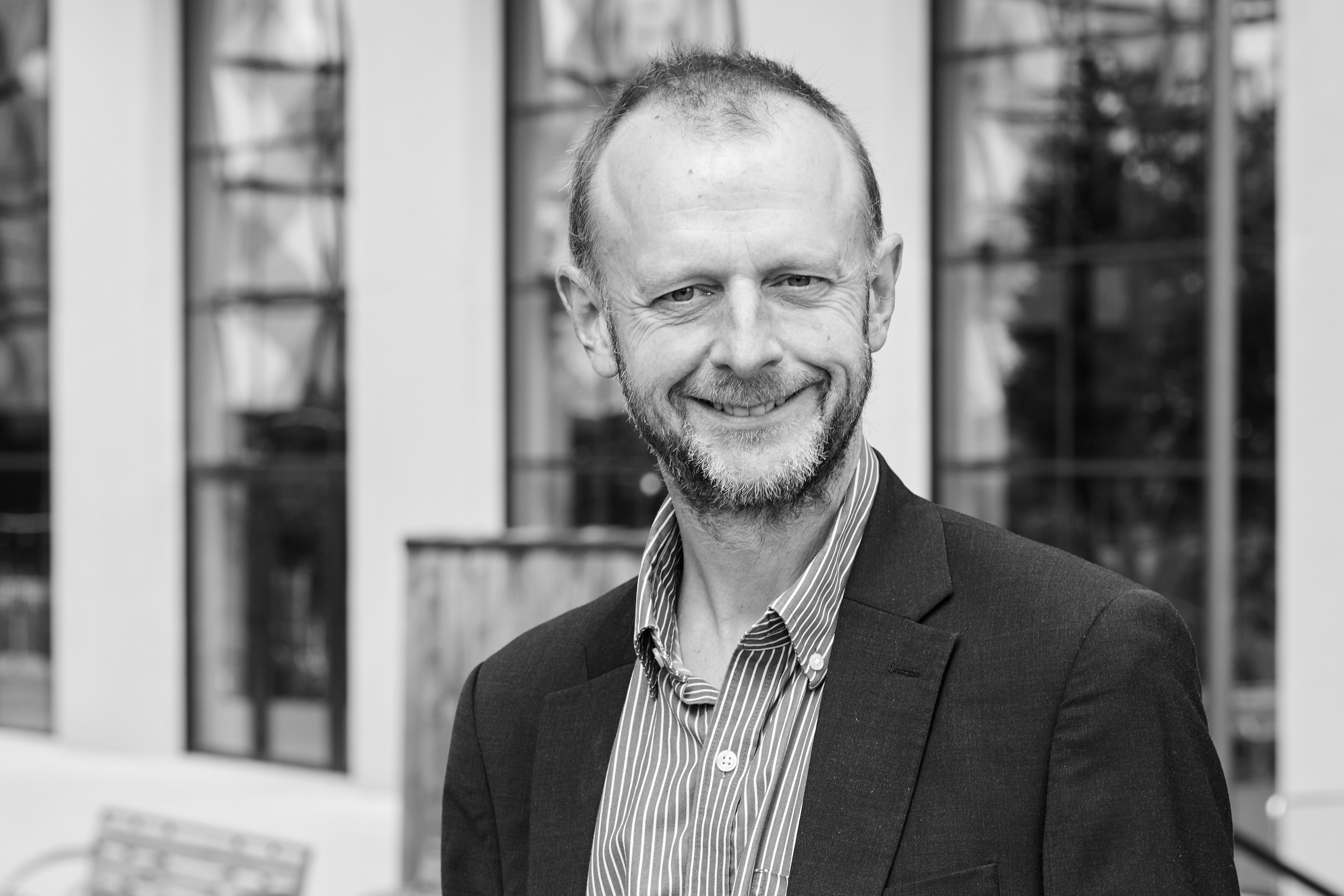6 December 2011
AGU 2 – Simon Winchester
Posted by Dave Petley
 At lunchtime today I went along to the Presidential Forum on the topic of Science and Society, which featured a talk by the author Simon Winchester. On the face of it Simon was a great choice as he has written a number of earth science facing popular science books – and indeed I have even read two of them. On the other hand I suspect that his presence raised a few eyebrows as back in March he enraged the geoscience community. The context was the Tohuku Earthquake in Japan – soon after that event he wrote a piece for Newsweek entitled “The scariest earthquake is yet to come” in which he wrote:
At lunchtime today I went along to the Presidential Forum on the topic of Science and Society, which featured a talk by the author Simon Winchester. On the face of it Simon was a great choice as he has written a number of earth science facing popular science books – and indeed I have even read two of them. On the other hand I suspect that his presence raised a few eyebrows as back in March he enraged the geoscience community. The context was the Tohuku Earthquake in Japan – soon after that event he wrote a piece for Newsweek entitled “The scariest earthquake is yet to come” in which he wrote:
Even more worrisome than geography and topography, though, is geological history. For this event cannot be viewed in isolation. There was a horrifically destructive Pacific earthquake in New Zealand on Feb. 22, and an even more violent magnitude-8.8 event in Chile almost exactly a year before. All three phenomena involved more or less the same family of circum-Pacific fault lines and plate boundaries—and though there is still no hard scientific evidence to explain why, there is little doubt now that earthquakes do tend to occur in clusters: a significant event on one side of a major tectonic plate is often—not invariably, but often enough to be noticeable—followed some weeks or months later by another on the plate’s far side. It is as though the earth becomes like a great brass bell, which when struck by an enormous hammer blow on one side sets to vibrating and ringing from all over. Now there have been catastrophic events at three corners of the Pacific Plate—one in the northwest, on Friday; one in the southwest, last month; one in the southeast, last year.
That leaves just one corner unaffected—the northeast. And the fault line in the northeast of the Pacific Plate is the San Andreas Fault, underpinning the city of San Francisco.
All of which makes the geological community very apprehensive. All know that the San Andreas Fault is due to rupture one day—it last did so in 1906, and strains have built beneath it to a barely tolerable level. To rupture again, with unimaginable consequences for the millions who live above it, some triggering event has to occur. Now three events have occurred that might all be regarded as triggering events. There are in consequence a lot of thoughtful people in the American West who are very nervous indeed—wondering, as they often must do, whether the consent that permits them to inhabit so pleasant a place might be about to be withdrawn, sooner than they have supposed.
It is not hard to see why this caused so much upset in the earth science community. Whilst it is undoubtedly true that the San Andreas fault is dangerous, the suggestion that the Tohuku earthquake in some way meant that this fault was more likely to rupture is not supported by the facts.
It is of course important to remember that Simon Winchester is not a scientist – indeed he is a career journalist – and that everyone makes mistakes. As earth scientists we are now in the cross hairs of a whole series of really key science and society issues – climate change, earth resources, fracking, natural hazards to name just four – and finding effective ways to communicate our understanding to policy makers and the public is of course vital. So, in that context, Simon was a great choice of a speaker, and I was expecting a really sparky discussion about an issue that is close to my heart (after all, what is a blog for at the end of the day?).
So, it was something of a surprise to me that he chose to spend his talk discussing his recent book on the Atlantic. Don’t misunderstand me – he was entertaining, eloquent, witty, engaging and persuasive. He talked with passion and zeal. I ended up really wanting to read his book about the Atlantic.
But…this was a forum on science and society! I came away intensely frustrated that he had not talked about an issue that is so important to us. When he finished his talk, he gave a five-minute explanation of what led him to write that Newsweek piece, and I for one understood, related to and sympathised with what he had to say. But it is such a shame that he didn’t use that experience, and his long career as a journalist and a writer, to talk about how to communicate well on challenging topics. I came away thinking that I had heard a great talk, but that it was nonetheless a missed opportunity.


 Dave Petley is the Vice-Chancellor of the University of Hull in the United Kingdom. His blog provides commentary and analysis of landslide events occurring worldwide, including the landslides themselves, latest research, and conferences and meetings.
Dave Petley is the Vice-Chancellor of the University of Hull in the United Kingdom. His blog provides commentary and analysis of landslide events occurring worldwide, including the landslides themselves, latest research, and conferences and meetings.
[…] more posts from the AGU meeting by Dave Petley are available here and here. LD_AddCustomAttr("AdOpt", "1"); LD_AddCustomAttr("Origin", "other"); […]